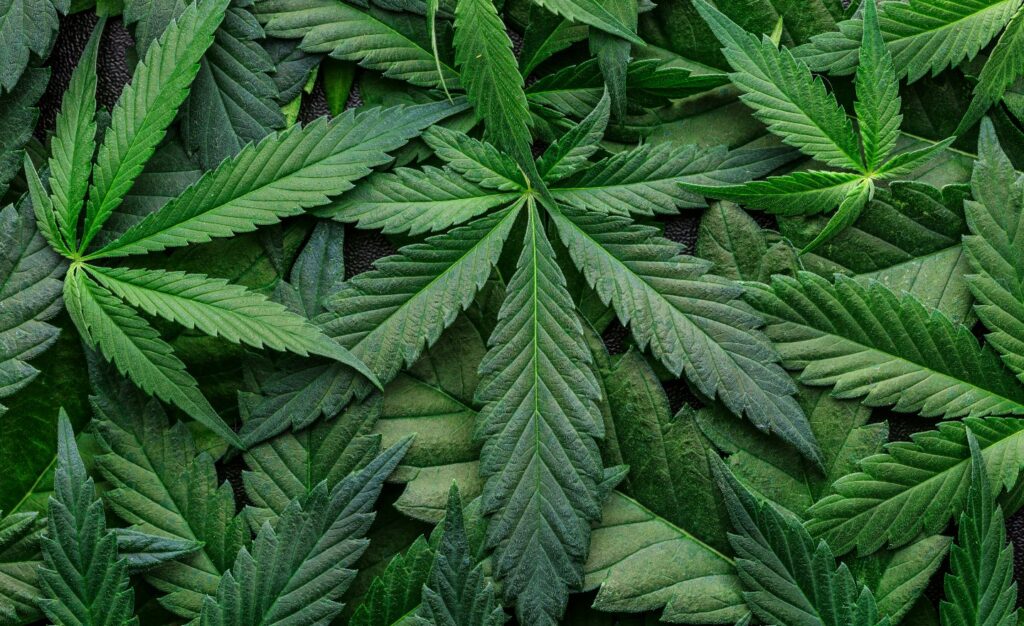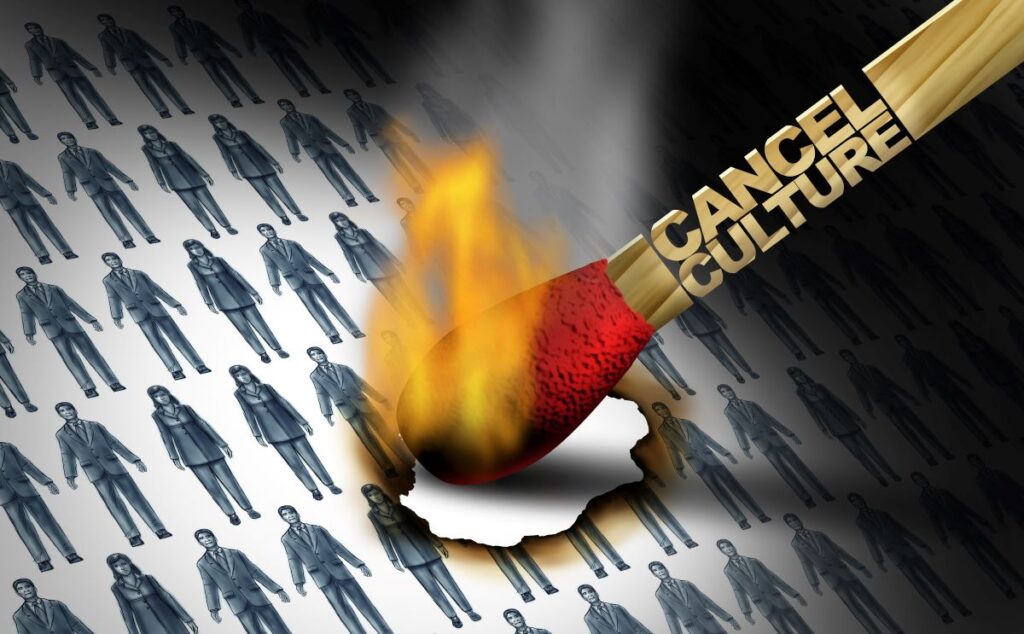At the time of writing this article, recreational marijuana is legal in 19 states while remaining illegal at the federal level. It’s a political “hot potato” that shows no sign of cooling down anytime soon. Advocates talk of its medical powers and potential for raising tax dollars. Detractors worry about the potential impact on communities and the possible specter of widespread health issues.
This question and dialogue surrounding it is important now as it has ever been. The entire country is made of states with a mish-mash of confusing local legislation and there is a strong sense that a more joined up approach would be beneficial. Will the new generation of younger politicians tip the balance in the years to come?
Results
2,742 Respondents
58% Voted: 1,562 Votes: YES
42% Voted: 1,180 Votes: NO
Shifting Public Attitudes and Cultural Perspectives
Changing public attitudes towards marijuana reflect broader shifts in societal norms and values. Advocates for legalization argue that marijuana is less harmful than legal substances like alcohol and tobacco, and its prohibition disproportionately affects marginalized communities. Support for legalization is driven by the belief that responsible adult use of cannabis should be decriminalized and regulated like other controlled substances.
Over the years, popular culture and media portrayals have played a role in destigmatizing cannabis use and challenging negative stereotypes associated with marijuana. The normalization of cannabis consumption in popular media, coupled with increased awareness of its potential therapeutic benefits, has contributed to growing public acceptance of marijuana legalization.
Economic Impacts and Tax Revenue
Proponents of marijuana legalization highlight the potential economic benefits, including tax revenue generation and job creation in the cannabis industry. Legalizing and regulating marijuana can redirect law enforcement resources towards addressing more serious crimes, reducing incarceration rates for non-violent drug offenses, and generating revenue for public health and education programs.
States that have legalized marijuana for recreational use have experienced significant economic growth in the cannabis sector, with increased investments in cultivation, retail, and ancillary businesses. The legal cannabis market represents a lucrative opportunity for entrepreneurs and investors seeking to capitalize on the growing demand for cannabis products.
Public Health and Safety Concerns
Opponents of marijuana legalization express concerns about potential public health and safety risks associated with increased cannabis availability. They argue that marijuana use may have adverse effects on cognitive development, especially in adolescents, and could contribute to impaired driving and workplace accidents. Regulatory frameworks and public education campaigns are essential for mitigating potential harms associated with cannabis use.
The medical community remains divided on the health implications of marijuana use, with ongoing research exploring the therapeutic potential of cannabinoids for managing chronic pain, epilepsy, and other medical conditions. Proponents of legalization emphasize the importance of evidence-based policies and harm reduction strategies to minimize risks associated with cannabis consumption.
Racial Equity and Social Justice
The enforcement of marijuana laws has historically disproportionately impacted communities of color, leading to disparities in arrest rates and incarceration rates for non-violent drug offenses. Advocates for legalization argue that ending prohibition can promote racial equity and social justice by eliminating discriminatory enforcement practices and expunging criminal records related to marijuana offenses.
Regulatory Framework and Policy Implementation
Legalizing marijuana requires comprehensive regulatory frameworks to address licensing, taxation, product safety, and public health considerations. Policymakers must consider age restrictions, advertising regulations, impaired driving laws, and workplace policies to ensure responsible cannabis use and prevent unintended consequences.
In conclusion, the debate over marijuana legalization in the United States encompasses complex social, economic, and public health considerations. The survey results reflecting majority support for legalization underscore evolving attitudes towards cannabis and highlight the need for evidence-based policies that prioritize public health, equity, and regulatory oversight. As policymakers and stakeholders navigate this evolving landscape, informed dialogue and collaborative efforts are essential for shaping responsible cannabis policies that reflect the diverse interests and values of communities across the nation.


